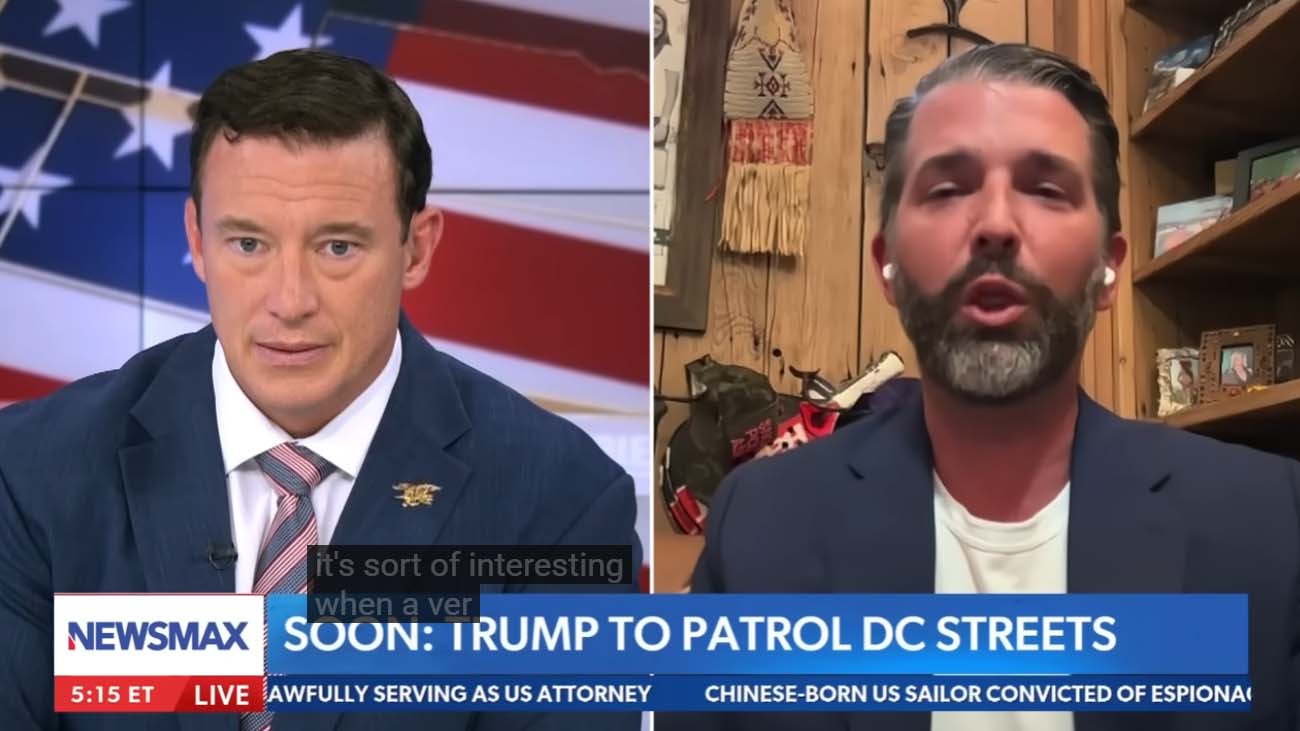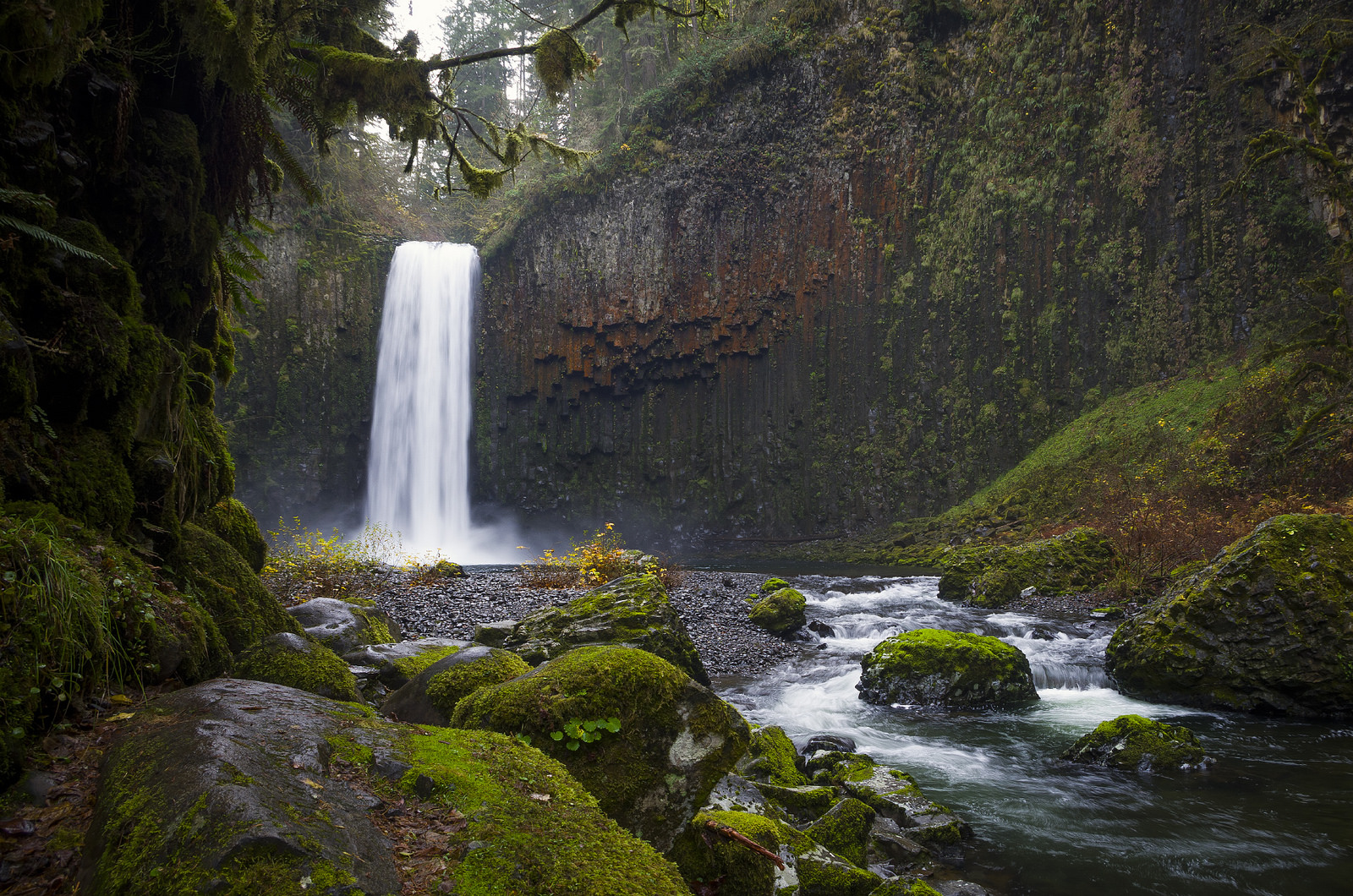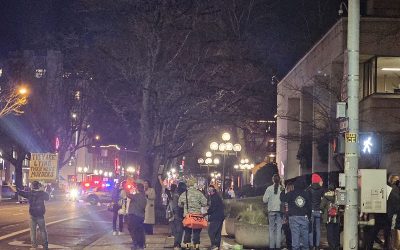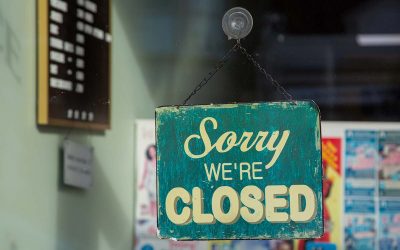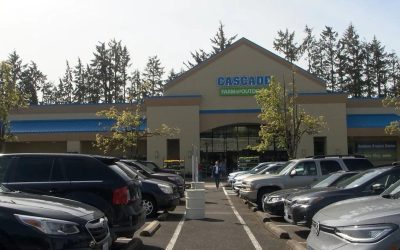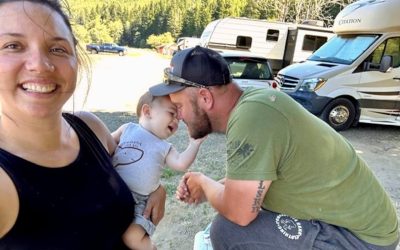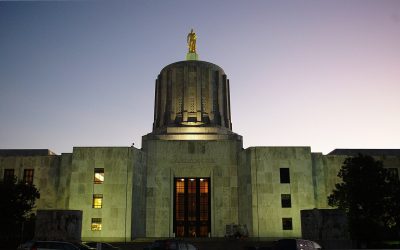Donald Trump Jr. is once again making headlines, this time for remarks tying crime, politics, and the possibility of federal intervention in local police forces.
In a recent interview, the president’s eldest son celebrated what he called a “huge win” for the Trump Organization in its legal battles, describing years of lawsuits as “lawfare” designed to drain resources. “The process is the punishment,” he said, arguing that prosecutors pursue cases knowing they will cost time, money, and reputations even if they fail.
Trump Jr. criticized New York Attorney General Letitia James by name, saying she campaigned on “taking down Trump” before ever reviewing evidence. He claimed New York’s political climate is driving entrepreneurs and employers away, warning that the city risks becoming “a dystopian society from the capital of capitalism.”
The conversation then shifted to Washington, D.C., where President Trump recently ordered National Guard troops to patrol the streets. Trump Jr. praised the move as “a baller flex” and said his father was willing to personally join law enforcement officers on the ground. He suggested that even residents in heavily Democratic areas welcomed the increased presence.
From there, Trump Jr. turned his attention west. He labeled Portland and Seattle “craphole cities,” not “because they’re crapholes” — but, he said, because Democrats had made them so. He hinted that federal involvement in their police departments could be next.
Do you love Oregon?
Sign up for monthly emails full of local travel inspiration and fun trip ideas. In each newsletter we'll share upcoming events, new things to do, hot dining spots and great travel ideas.
Perhaps most notably, Trump Jr. alleged that Democratic leaders are manipulating crime statistics to make their cities look safer than they really are. “Just because they changed the way they measure statistics doesn’t mean the crime didn’t actually take place,” he said. “Meanwhile, everyone’s getting robbed and murdered. That doesn’t work anymore. The people on the streets aren’t buying it.”
Whether the comments signal a serious policy move or simply political theater, Trump Jr. has once again placed Portland and Seattle squarely in the national spotlight — with the debate over crime, statistics, and federal power showing no signs of slowing down.

